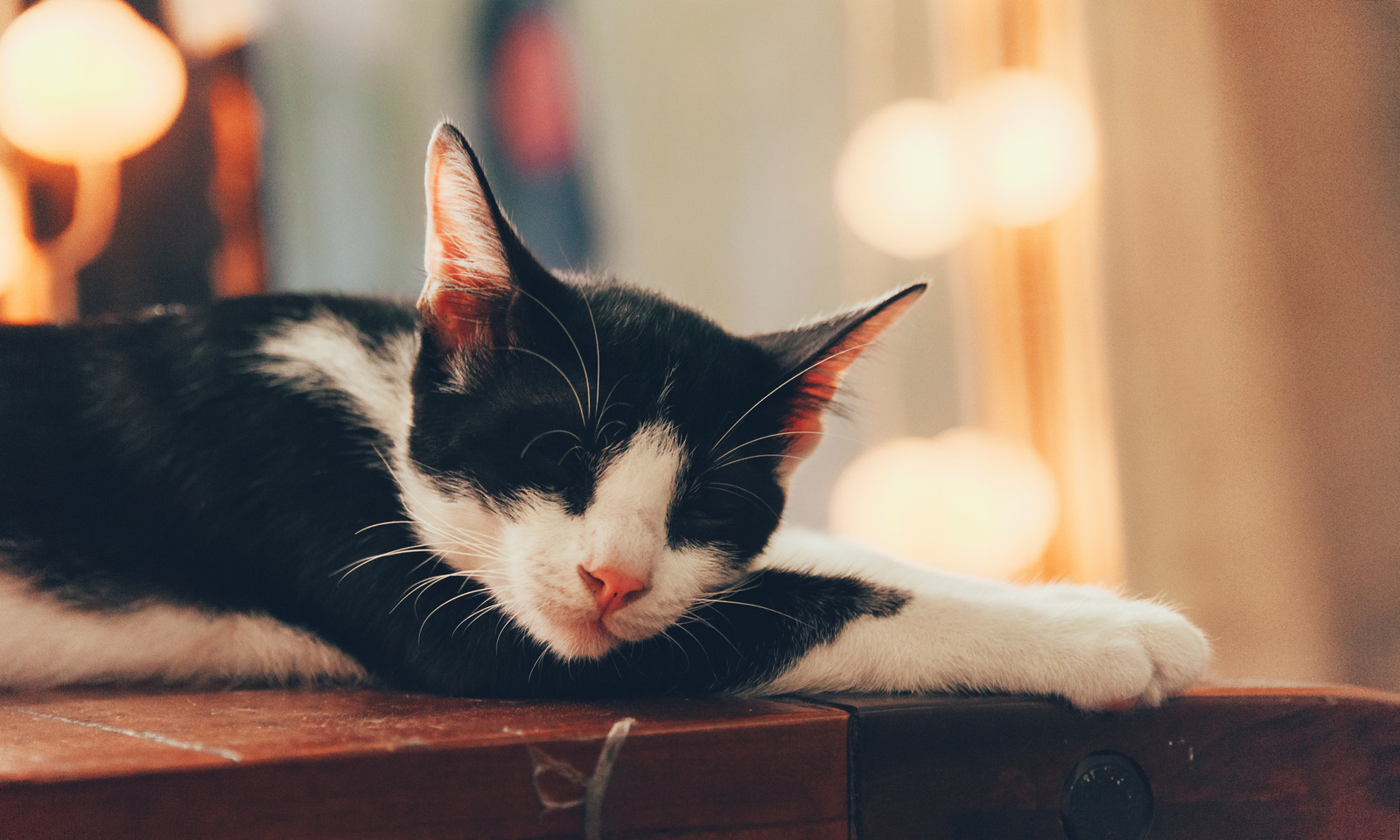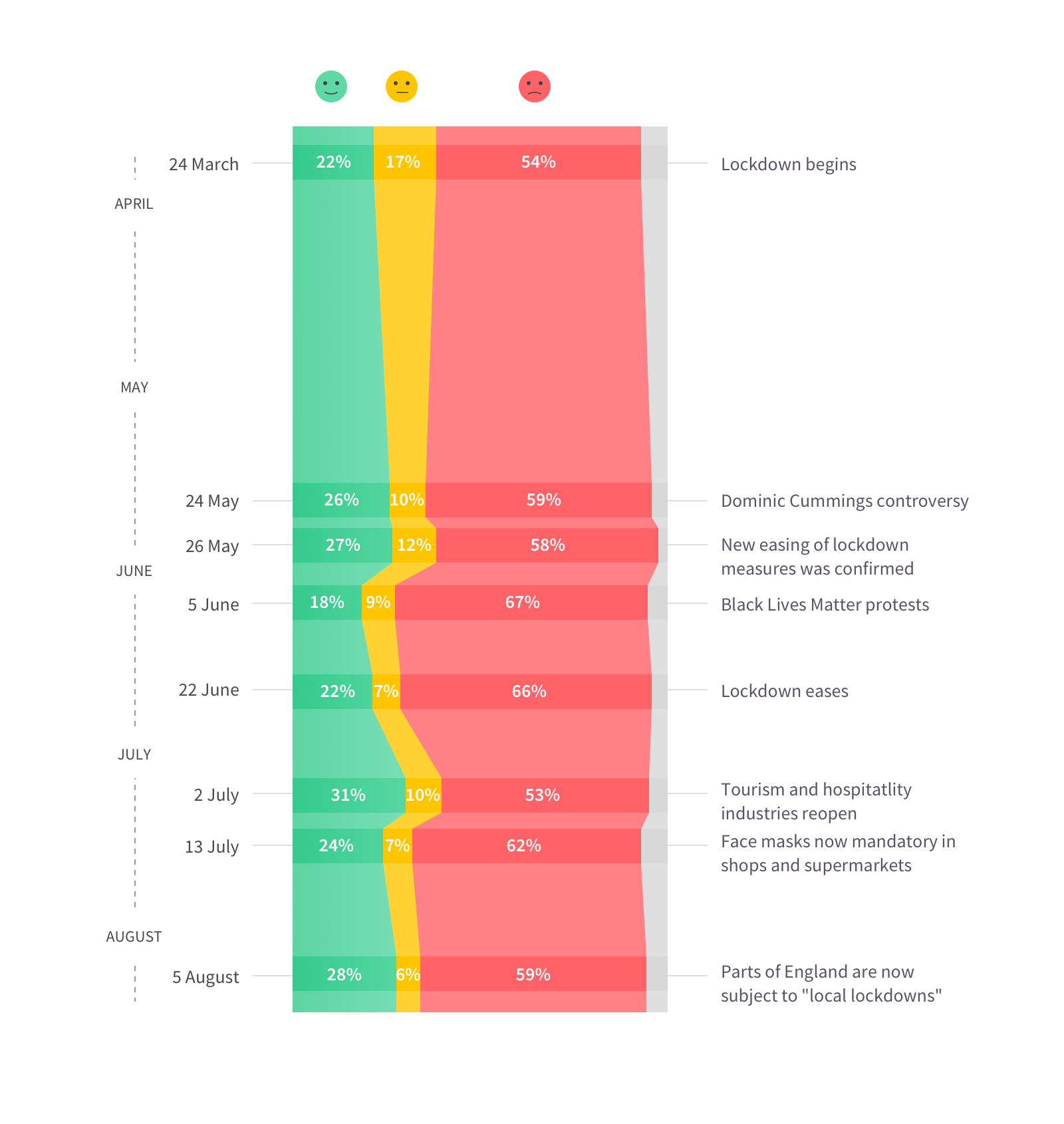COVID-19 UK: Mental Health Insights – Part 1: A Spotlight on Sleep

Base: 1000 UK app-based citizens
Male/Female: 30%/70%
18-24/25-34/35-44/45-54/55+: 13%/42%/29%/12%/3%
Using the CitizenMe platform, we went out to our COVID-19 community, which is an open-data research project designed to enable the world's citizens to share real-time opinions and data about COVID-19 with the institutions fighting the pandemic.
Key Results:
We conducted a survey with our UK COVID-19 community to investigate how citizens are coping with the pandemic from a mental health perspective. Looking specifically at respondents’ sleep patterns and COVID-19’s impact on them, there were several key findings.
To set the context, in the wider population over the past few years, there has been more and more attention given to the importance of sleep. Books such as ‘Why we sleep’, by Matthew Walker, have helped disseminate some of the new science of sleep, and along with news reporting, have increased our awareness of the importance that sleep plays in our daily lives.
Most of us are aware that the recommended daily amount of sleep should be between 6-8 hours, and luckily 55% of our respondents are getting this amount, as seen below:
Has sleep behaviour changed since COVID-19?
However, the situation we are currently facing in the UK is clearly not normal, so we asked respondents whether their amount of sleep has changed since the COVID-19 pandemic started. Interestingly, just over half of individuals think their amount of sleep has changed, with 43% of total respondents saying their amount of sleep has been unchanged:
How has sleep changed since COVID-19?
Interestingly, we then followed up on the above question by asking: of those that said their sleep has changed, how has it changed. Some respondents, who are in the minority, say they are getting more sleep than before. But rather than focusing on the quantity of sleep, if we look at the quality of sleep, we see that 35% of respondents are getting ‘lower quality’ of sleep and 39% are getting ‘broken’ sleep during the night:
Does a change in sleep affect physical symptoms?
Looking in further detail at those who say their sleep has changed, we took the NHS Anxiety Symptoms Checker and asked our COVID-19 community if they had suffered from any of these symptoms in the last 3 weeks since lockdown: (https://www.gov.uk/government/publications/covid-19-guidance-for-the-public-on-mental-health-and-wellbeing/guidance-for-the-public-on-the-mental-health-and-wellbeing-aspects-of-coronavirus-covid-19).
We see there is a difference in the number of people experiencing these symptoms: higher among those with affected sleep compared to those with unaffected sleep. Headaches (41%), feeling lightheaded and dizzy (20%), change in heartbeat (17%), and loss of appetite (15%) are all higher for those who have had a change in sleep since lockdown. For those saying their sleep has stayed the same, a higher percentage of these respondents say they haven’t suffered from any of these symptoms (62%) in the past three weeks. Of course, it could be that those who suffer from these symptoms generally have poorer sleep overall, but we do see a higher association of anxiety symptoms with those whose sleep has changed since the pandemic:
Has Citizen’s mental health changed since the COVID-19 pandemic?
As the subject matter in the title alludes, we wanted to allow respondents to check-in and share if they felt their mental health had changed since the start of the pandemic. We found that 44% of individuals said that their mental health had become either slightly or significantly worse, with 50% saying that their mental health had remained unchanged, and a small percentage saying it had actually improved (5%).
However, when we apply the same filter we did above - those who feel their sleep has changed since the pandemic - we again see a difference. We see a jump with a higher percentage of respondents saying their mental health has become worse - 55%. Again, we have to caveat this by saying there are many different neuropsychological processes arising from these abnormal times, and these may well explain our findings. Nevertheless, an association between sleep and mental wellbeing during COVID-19 is consistent with our results:






